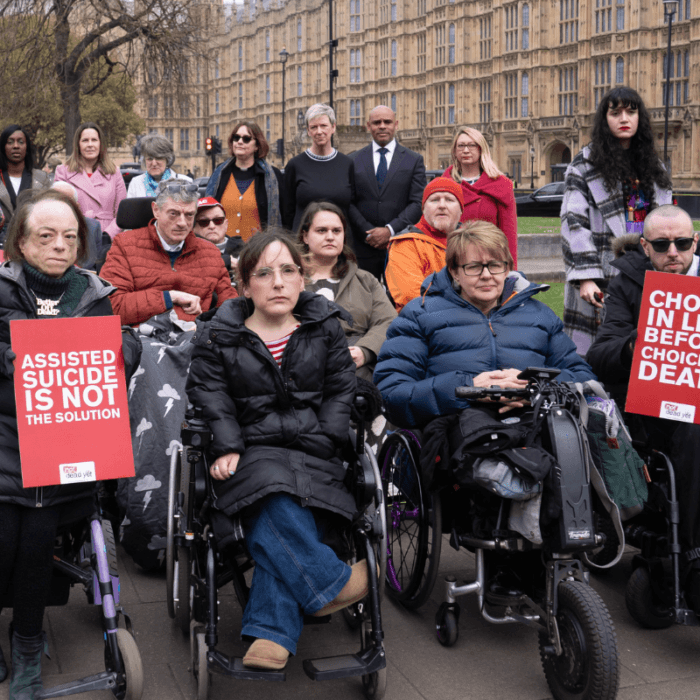Kim Leadbeater’s assisted suicide bill is unsafe and does not adequately protect the vulnerable, critics of the proposals said during a debate in the House of Commons.
One amendment, which was supported by MPs, would ensure that no member of staff, such as pharmacists and doctors, would be legally obliged to take part in the assisted suicide process.
Another would have prevented employees from providing assisted suicide while working for an employer who had opted out of the process. However, this was rejected by MPs, by 243 to 279.
Bill Is ‘Fundamentally Flawed’
Opening the debate on Friday morning, Leadbeater said: “Put simply, if we do not vote to change the law, we are essentially saying that the status quo is acceptable.“Over recent months, I have heard hundreds of stories from people who have lost loved ones in deeply difficult and traumatic circumstances, which show that that is clearly not the case.
“Too many have seen their terminally-ill loved ones take their own lives out of desperation, or make the traumatic, lonely and costly trip to Switzerland, and then face a police investigation while dealing with their grief and loss.”
It is the first time that the bill has returned to the Commons since it passed Second Reading in a vote in November, with a majority of 55. MPs remain divided on whether there should be a change in the law, and their positions do not follow party line, with many MPs from across the political spectrum sharing similar opinions.
Those opposed to the bill included Labour’s Naz Shah, who sat on the committee reviewing expert evidence and considering amendments. She said that the bill was “fundamentally flawed” and in its current form could mean patients could bring themselves within eligibility for assisted suicide by refusing to eat or drink, including those with anorexia.
Labour’s Rachael Maskell cited recent concerns raised by the Royal College of GPs and called the proposals “unsafe, which is why the professional bodies are speaking out against this bill.”
Others warned that terminally ill people might feel pressured or believe doctors are suggesting assisted suicide, even if the doctors are simply explaining all available options.

Neurodegenerative Illnesses
Among those expressing support for the bill was Liberal Democrat Liz Jarvis, who paid tribute to Leadbeater’s work on the proposals, saying, “As other members have said, the decision before us is fundamentally about whether we believe in an individual’s right to have choice at the end of their life.”Jarvis backs an amendment which would extend the minimum life expectancy for eligibility from six months to 12 months for those with neurodegenerative illnesses.
She said: “Palliative care can provide incredible support and I’m very glad that this debate has reopened the national conversation about issues of funding for palliative care, however, as I know from my personal experience with my mum who died last March after a seven-year struggle with Alzheimer’s, palliative care can sometimes only go so far.
“Amendment four recognises that those with neurodegenerative illnesses deserve the same compassion, control, and dignity at the end of their lives as others do, and by extending the timeframe to 12 months they will be given more control over their ultimate decision.”
The Report Stage will continue on June 13, when MPs will hear further amendments for the bill. Once the Report Stage is complete, the bill will face its Third Reading, when MPs will vote for or against the bill as a whole.
If passed in the Commons at Third Reading, the bill will go to the House of Lords for scrutiny before gaining Royal Assent and becoming law. What would follow is an implementation period of a maximum of four years, meaning it might not be until 2029 that assisted suicide will be offered.







